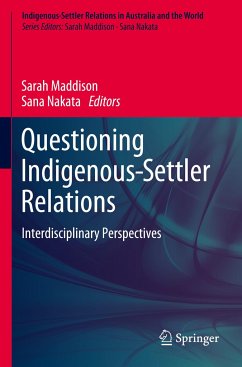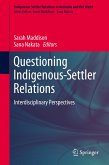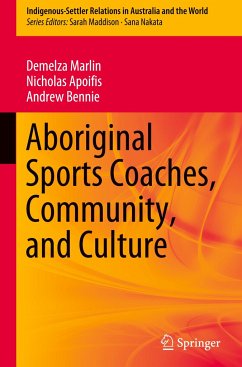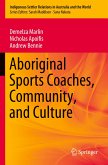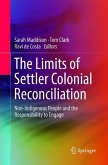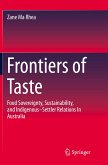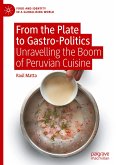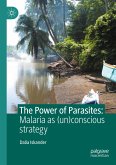This book examines contemporary Indigenous affairs through questions of relationality, presenting a range of interdisciplinary perspectives on the what, who, when, where, and why of Indigenous-settler relations. It also explores relationality, a key analytical framework with which to explore Indigenous-settler relations in terms of what the relational characteristics are; who steps into these relations and how; the different temporal and historical moments in which these relations take place and to what effect; where these relations exist around the world and the variations they take on in different places; and why these relations are important for the examination of social and political life in the 21st century.
Its unique approach represents a deliberate move away from both settler-colonial studies, which examines historical and present impacts of settler states on Indigenous peoples, and from postcolonial and decolonial scholarship, which predominantly focuses on how Indigenous peoples speak back to the settler state. It explores the issues that inform, shape, and give social, legal, and political life to relations between Indigenous and non-Indigenous peoples, both in Australia and globally.
Its unique approach represents a deliberate move away from both settler-colonial studies, which examines historical and present impacts of settler states on Indigenous peoples, and from postcolonial and decolonial scholarship, which predominantly focuses on how Indigenous peoples speak back to the settler state. It explores the issues that inform, shape, and give social, legal, and political life to relations between Indigenous and non-Indigenous peoples, both in Australia and globally.

